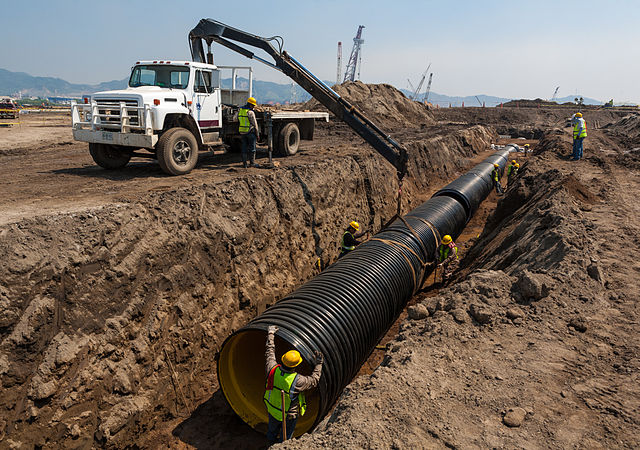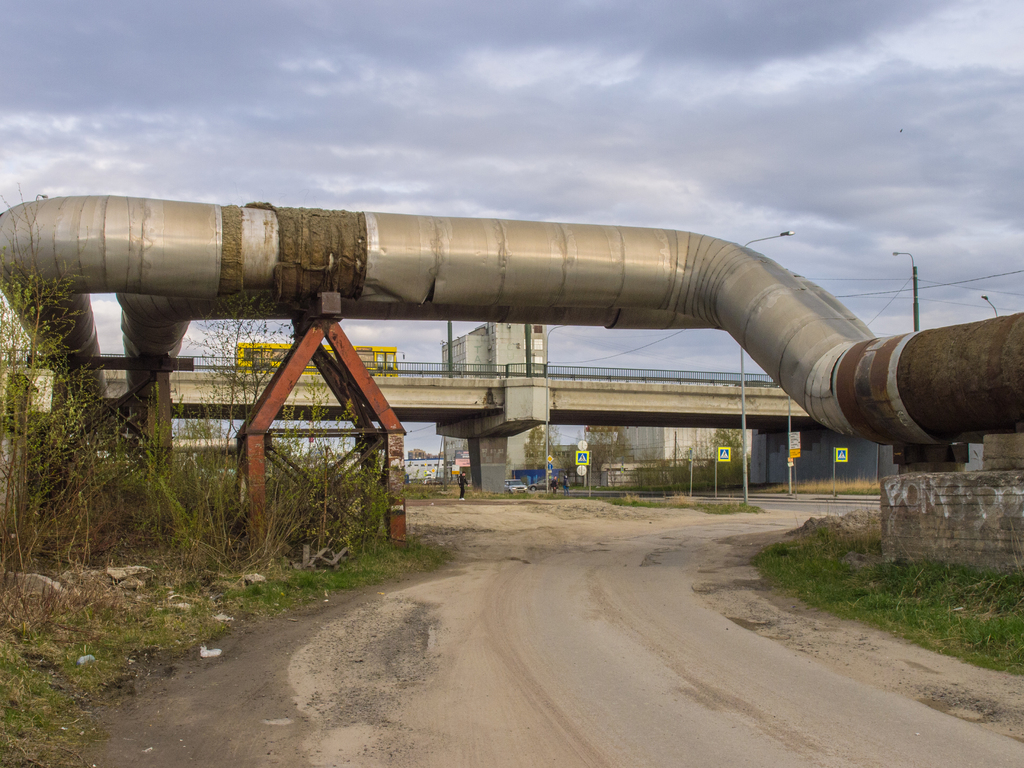Piped utilities are an important part of any construction project. They provide water and other services to the project site, ensuring that everything runs smoothly and also a necessary feature to ensure the structure will be usable based on its intended purpose. Without piped utilities, construction would be much more difficult and time-consuming. So it’s essential to have them in place before beginning work on a new project.
Read more as we’re going to discuss what is the purpose and importance of pipeline utilities in construction projects in today’s post.
Steps In Pipeline Utilities

Piping is an important aspect of a construction project because it is used to carry water, gas, or oil from one point to another. In most cases, piping is installed during the construction phase of a project. There are several steps involved in the installation of a piping system:
1. The first step is to identify the location of the pipe. This is done by tracing the path where the system is to be laid out from the source to its destination.
2. The next step is to excavate the trench in which the pipe will be installed. The depth of the trench will vary depending on the type of pipes to be used.
3. Once the trench is excavated, the pipe will then be set in place. In most cases, the pipes will be laid in the trench and then covered with soil.
4. The final step is to connect the pipe to its source and destination. This is done by using fittings and valves.
Types Of Pipes And Fittings Used
There are a variety of pipes that can be used. In general, the type of pipe that is used will depend on the kind of fluid that is being transported from point A to point B. For example, different types of pipes are used for transporting water, gas, and oil.
Some of the most common types of pipes that are used in construction projects include:
1. PVC pipes – PVC pipes are commonly used for water and sewer lines. They are made from a type of plastic that is resistant to corrosion.
2. Copper pipes – Copper pipes are often used for gas lines. They are durable and have a long lifespan.
3. Steel pipes – These are sometimes used for carrying oil and other liquids. They are strong and can withstand high pressure.
4. PE pipes – These are made from a type of plastic that is flexible. They are often used for irrigation lines.
The Role Of Piped Utilities In Removing Wastewater
Water that is not clean and does not meet the standards for discharge is considered wastewater. Wastewater can be a mixture of many things such as rainwater, process water, cooling water, storm water, domestic sewage, and industrial wastewater.
In order for wastewater to be discharged into a sewer system or other receiving body of water, it must first go through a process of treatment. This is where piped utilities come in. Piped utilities are a system of piping that is used to collect, transport, and treat wastewater before it is discharged.
Benefits
There are many benefits to using piped utilities in construction projects. For one, they help to protect the environment by ensuring that only clean water is discharged into receiving bodies of water. Additionally, they help to prevent flooding by collecting and transporting storm water – which is a very important feature especially when you’re constructing roads, pavements, and parking lots. Lastly, piped utilities can help to save money by reusing wastewater for other purposes such as irrigation.
What Happens If The Pipes Are Not Properly Installed
If the pipes are not properly installed, there could be a lot of problems with the construction project. The most obvious issue would be water leakage, which could cause significant damage to the building or structure. In addition, if the water pressure is not properly regulated, it could lead to water shortages and even flooding. In order to avoid these potential disasters, it is important to have properly functioning piped utilities.
How To Avoid Setbacks In Pipeline Utilities Installation
The cost of piping and installing the necessary utilities can vary depending on a number of factors. However, it is typically less expensive to have the work done by a professional contractor than to try to do it yourself. Make sure to get quotes from several contractors before making a decision.
So to avoid any delays or setbacks in the construction project, it is recommended to hire an experienced contractor. And when choosing a contractor to install piped utilities, it is important to consider the quality of work, the experience in the field, and their pricing. It is also important to make sure that the contractor is licensed and insured.
It is important to inspect the contractor’s workmanship and ensure that they meet the specifications of the job. The contractor should also have a good understanding of the construction process and be able to answer any questions that you may have.
Aside from that, you also need to get multiple bids from different contractors so that you can compare pricing and services. Make sure to ask each contractor for references and check their credentials before making a final decision.
Final Thoughts
Overall, piped utilities are an important part of construction projects and play a vital role in protecting the environment and preventing flooding. If you are planning a construction project, be sure to include piped utilities in your plans. Visit Biondi Paving in Sacramento, CA if you need help in pipeline projects.




